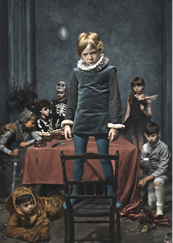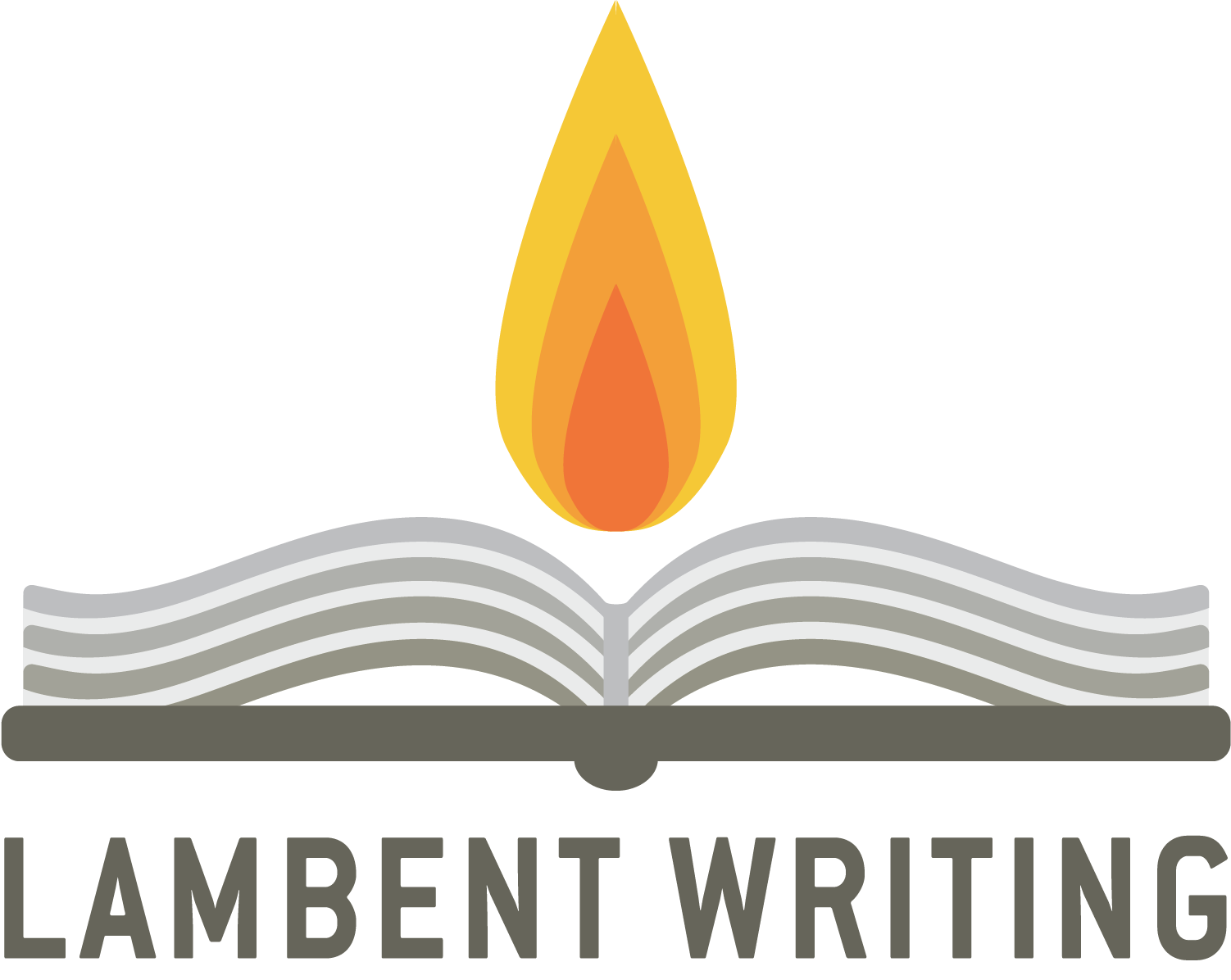 Last week I went to see Shakespeare’s Hamlet at the Barbican with Benedict Cumberbatch in the title role. It’s a wonderful production, beautifully staged, superbly well acted, a great experience. This must be the most enduring and masterful of Shakespeare’s plays, for so many of the lines have passed into our everyday language. We saying them unheeding, not knowing their origin.
Last week I went to see Shakespeare’s Hamlet at the Barbican with Benedict Cumberbatch in the title role. It’s a wonderful production, beautifully staged, superbly well acted, a great experience. This must be the most enduring and masterful of Shakespeare’s plays, for so many of the lines have passed into our everyday language. We saying them unheeding, not knowing their origin.
For example,
‘This above all, to thine own self be true’
‘To be or not to be, that is the question’
‘Brevity is the soul of wit’
‘One may smile and smile and be a villain’
‘The lady doth protest too much’
‘ I must be cruel only to be kind’
And my favourite….
‘There is nothing either good nor bad, but thinking makes it so’.
This last one is remarkable if we just think about it for a minute. Is it good? Is it bad? Is it true? What if it were true? Postmodernism has been credited for doing away with absolute judgments, but maybe Shakespeare was there first. Was Shakespeare the first Postmodernist?
I often talk in coaching trainings about limiting beliefs. One aspect of these are how we attribute qualities to things in themselves rather than to our judgments of those things.
I will often illustrate this with I this archetypal conversation with a parent and a child.
The child starts by saying, ‘I hate spinach!’
‘And why do you hate spinach?’ asks the concerned (but fairly open minded) parent.
‘Because it’s yucky!’ says the child, with feeling.
‘But I like spinach, lots of people like spinach,’ says the reasonable parent hoping to catch the child with a counter example and change their mind.
‘Ugh! How can you like it, it’s so yucky!’
We laugh at this, at the child thinking that the taste resides in the spinach rather than in the interaction between it and her taste buds. Then the spinach gets judged as bad, but the spinach is innocent. Spinach is just spinach.
Yet we make the same attribution all the time about people, places, food, things and actions. We seem compelled to sort the world into ‘good’ and ‘bad’ with a few things that do not matter in the middle. This sorting of the world then makes us seek to achieve what we have labelled as ‘good’, and shun, avoid and dispose of those things we have labelled as ‘bad’. This can be a harmless pursuit sometimes, but it can also be deadly serious when it leads to hating other people, and trying to hurt them. It also leads to suffering when we think of the bad things have happened to us. Then we feel miserable and try to change them. Maybe we do not get the house, the car, the promotion we want, our loved ones behave in ways we do not like and this makes us unhappy. We say, ‘It should not have happened.’ However, ‘should’ and, ‘should not’ are words that demand that reality meet our wishes rather than be…reality. Shoulds and should nots belong to the childhood of thinking. But suppose as Shakespeare suggests, ‘there is nothing either good or bad but thinking makes it so’?
That would mean that judgments get attached to events in our heads. The outside world does not come with good and bad attributes already attached. We may know this intellectually, but we seldom act on it, not do we emotionally feel it to be so. The world seems so real, and the good and bad qualities seem to be stubbornly outside of us.
But then is everything is relative? Is it true that there is no good or bad at all, and all our thoughts are equal? Is the Los Angeles gang member who tries to shoot you for disrespecting him, as good as Mother Teresa? Are ISIS and the United Nations two different and equal ways of looking at the world?
No.
There does seem to be a universal account of happiness and beauty and goodness, that is rooted in our nature as human beings, in how we relate to each other, what feels good, and how the world works. There are some universally recognised human virtues that seem to be valued in every culture as ends and not as means towards something else.
These are Wisdom and Knowledge, Courage, Love and Humanity, Justice, Temperance and spirituality and transcendence. These qualities can be and should be part of any coaching process. Authentic happiness comes from identifying and cultivating your fundamental strengths and using them in all aspects of life.
So if Shakespeare is right and nothing is good nor bad but thinking makes it so, then perhaps we need to upgrade our thinking. Poor quality thinking leads to poor quality judgements.
So it is a good idea to explore our thinking, reflect on how we think, look at it dispassionately and see where it leads us. To think about thinking. Perhaps then it will shine a light on the world and not get between us and the world like a grey morning mist that obscures the landscape as we gaze out of the window of our mind.
And this is exactly what coaching is – it is an invitation to think, to look at our thinking and refine it, to treat it as an object for examination, not as reality. Finally a confession – I hated spinach as a kid, I thought it was yucky and nothing my parents could say would convince me otherwise. Now I like spinach. The spinach has stayed the same but I have changed. How I think about it can make me happy or unhappy. Hamlet pretends to be mad so perhaps his quote about thinking has been discounted, but as they say, ‘there is many a true word spoken in jest.’

